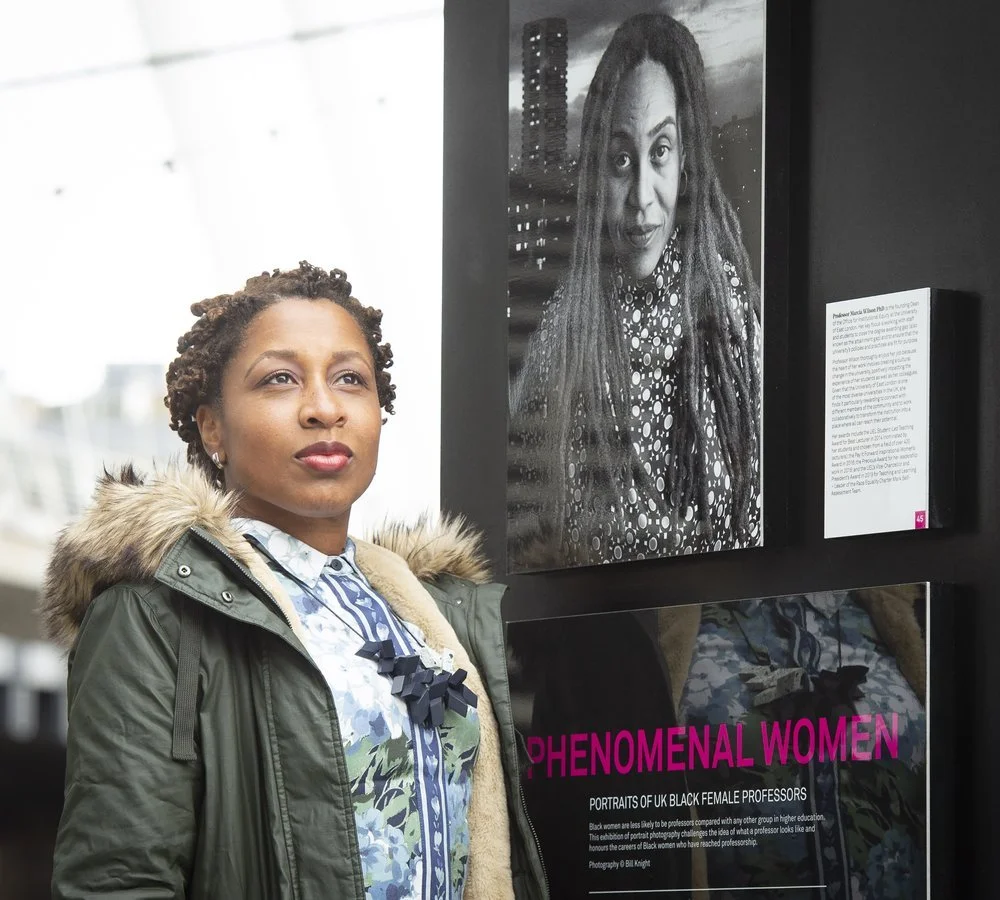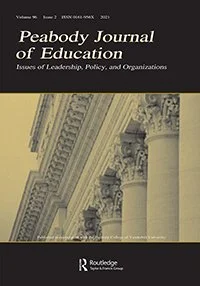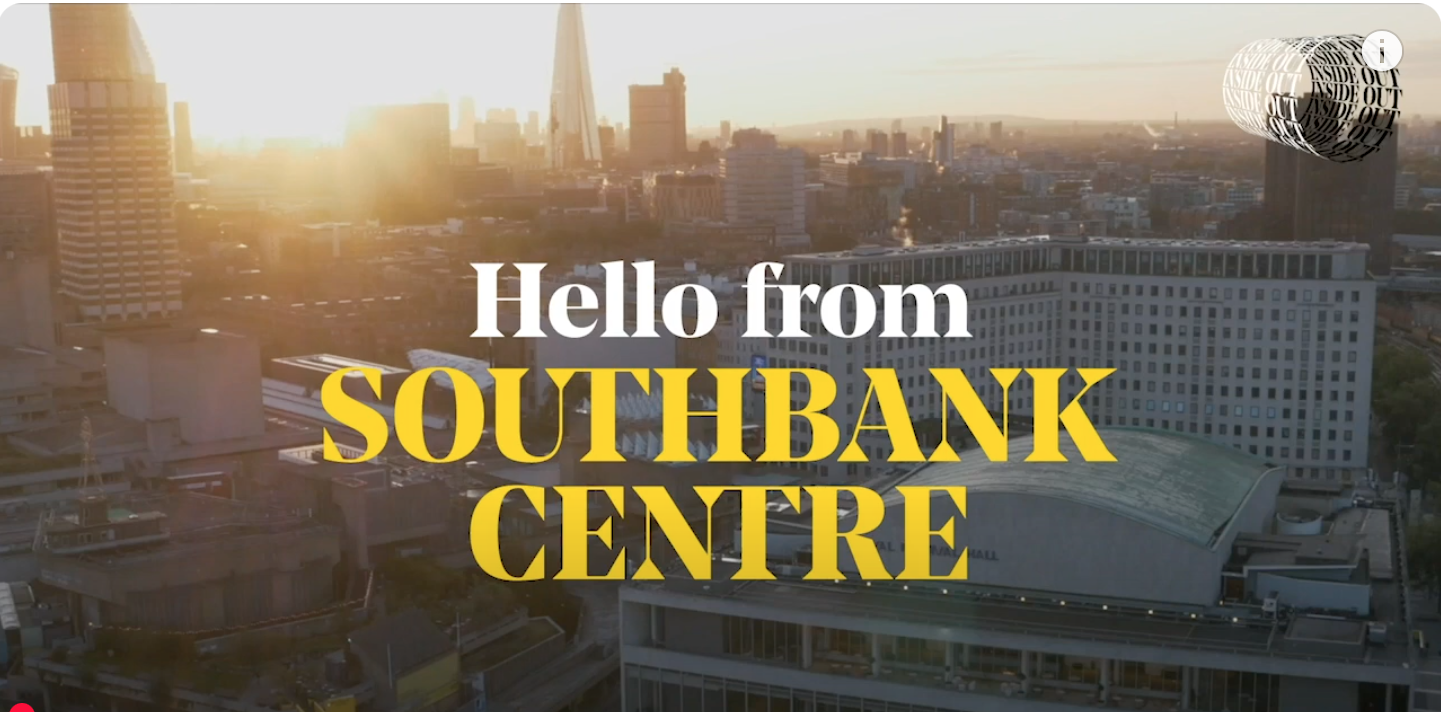Black female professors
The career experiences & strategies of Black female professors
Black women are least likely to be professors compared with any other group. In 2018, I spoke with 20 of the then 25 UK Black female professors. Published in 2019, my research revealed the barriers faced by Black female scholars as they work to navigate higher education, the impact on their well-being and the strategies they use to help them reach professorship.
This was the first study of its kind about this little-known group of academics.
The full findings are detailed in the report Staying Power: the career experiences and strategies of Black female professors.
PHENOMENAL WOMEN EXHIBITION
The Phenomenal Women exhibition went on display at London Southbank Centre in 2020 and the University of Cambridge in 2021. It includes Black female scholars who were professors at a UK higher education institution between 2016 and 2019.
News about the research and exhibition was covered by: The Guardian; BBC News; Stylist; The Voice Newspaper; TimeOut; and The Financial Times carried a special feature where they interviewed me about the project.
The below link takes readers to the Southbank Centre’s press release including a list of the featured professors.
Journal article
“I Would Have Become Wallpaper Had Racism Had Its Way”: Black Female Professors, Racial Battle Fatigue, and Strategies for Surviving Higher Education
In 2019, AdvanceHE reported that there were just 25 UK Black female full professors in British universities. Black women are less likely to occupy a role at this level than their male and White counterparts. Despite this, Black women remain relatively absent in institutional initiatives to advance gender equality, and there is little commitment amongst UK universities to explicitly address structural inequalities of race as they affect the experiences of academic staff. Black female academics remain under-represented and invisible in UK higher education.
This article draws on the first known qualitative study into the career experiences and strategies of twenty of these Black female professors. Specifically, it engages Critical Race Theory and Bourdieu as principal theoretical frameworks to explore how their academic journeys, shaped as they are by an existence at the intersection of race and gender, result in racial battle fatigue, feelings of isolation, and disillusion with the academy.
The article demonstrates how, despite these challenges, these women have been agentic in their efforts to navigate higher education. They have developed and continue to deploy sophisticated strategies of analysis, hyper-surveillance, self-care, and resilience in order to carve out a successful career in the academy and remain within it.
Southbank centre
phenomenal women: black women and acaemia
Dr Nicola Rollock, one of the UK's leading academics on racial justice in education and the workplace, and Liv Little, the founder of gal-dem, a media company committed to spotlighting the creative talents of women and non-binary people of colour, discuss the lack of black women in academia. Dr Rollock discusses her own work, the barriers faced by Black female scholars, and the importance of bringing these topics to light. Joining the conversation are Professor Funmi Olonisakin, Vice-President and Vice-Principal International and Professor of Security, Leadership and Development at King's College London, and Professor Tracey Reynolds, Professor of Sociology at the University of Greenwich.



